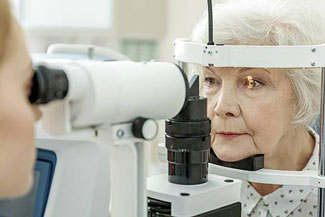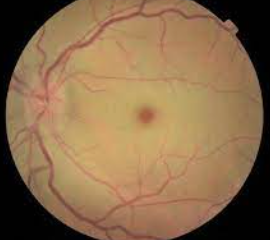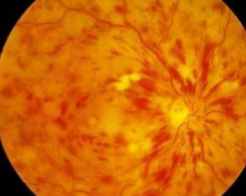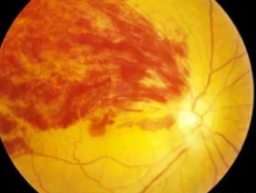Adopt these 6 lifestyle habits to help maintain your eye health and vision.
We all know that ‘good living’ that supports a healthy lifestyle comes in various forms, such as eating a balanced diet, regular exercise and maintaining control over your blood pressure, sugar and cholesterol levels.
However, there are other healthy habits that can also protect your eyes — especially your retinas that sit at the very back of each of your eyes.
Why is the retina important?
The retina is the nerve layer at the back of your eye that detects incoming light and sends visual signals to your brain.
Retinal diseases such as diabetic retinopathy and age-related macular degeneration (AMD) are among the top leading causes of vision loss and blindness, worldwide.
Fortunately, there are steps you can take to help support your retinal health:
1. Regular dilated eye exams
Regular dilated eye exams facilitate early detection of retinal conditions, before extensive damage can occur.
Many retinal diseases have few noticeable symptoms in the early stages, so frequent eye exams are vital to keep your eyes healthy.
2. Eat plenty of vitamin and nutrient-rich foods
Research shows that consuming a diet high in the nutrients lutein and zeaxanthin has been associated with a lower risk of AMD.
These nutrients are all found in dark leafy greens, including:
- Rocket (Arugula)
- Bok choy (Chinese chard)
- Collard greens
- Kale
- Mustard greens
- Rapini
- Swiss chard
Fish is also recommended for maintaining eye health.
Salmon and other fish have omega-3 fatty acids, known as “healthy” fats. Omega-3 fatty acids contribute to visual development and retinal health.
3. Quit smoking
Smoking can increase your risk of permanent vision loss and blindness.
In fact, research shows that people who smoke are significantly more likely than non-smokers to develop AMD.
Contact an eye doctor near your to learn more ways to protect your eye health and vision.
SEE RELATED: Retinal Detachment
4. Control blood sugar, pressure and cholesterol
If you have diabetes, one of the best ways to lower your risk of vision loss and prevent diabetic eye disease is to closely monitor and manage your blood sugar, blood pressure and cholesterol levels.
Studies have shown that people who walk for exercise are less likely to develop macular problems.
5. Know your family history
Inform your eye doctor if anyone in your family has been diagnosed with an eye health or vision problem. Many eye conditions including glaucoma, AMD, diabetic retinopathy and even retinal detachment have a strong genetic component.
6. Protect your eyes from UV rays
Ultraviolet (UV) rays from the sun can damage your skin and your eyes.
Wear a pair of sunglasses that provide 100% UV protection and a wide-brimmed hat anytime you venture outdoors.
Polarized sunglasses are recommended if you like to spend time on the water, fishing or yachting, or while playing in the snow.
If you notice any changes in your vision, schedule a comprehensive eye exam as soon as possible.
LEARN MORE: Guide to Retinal Diseases
Pay close attention to your vision and see your eye doctor as soon as possible if you experience any changes in your vision.








